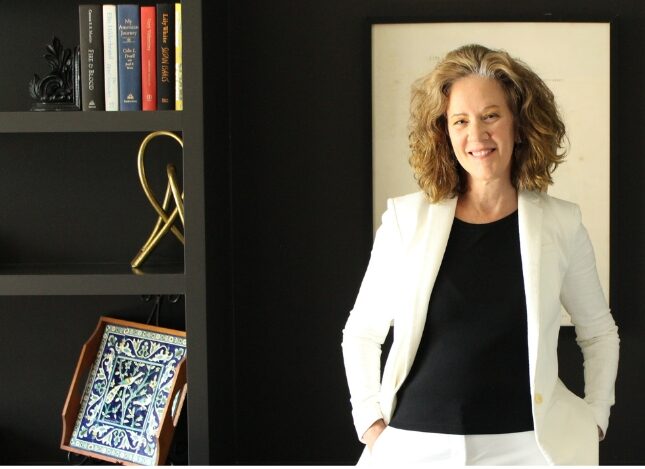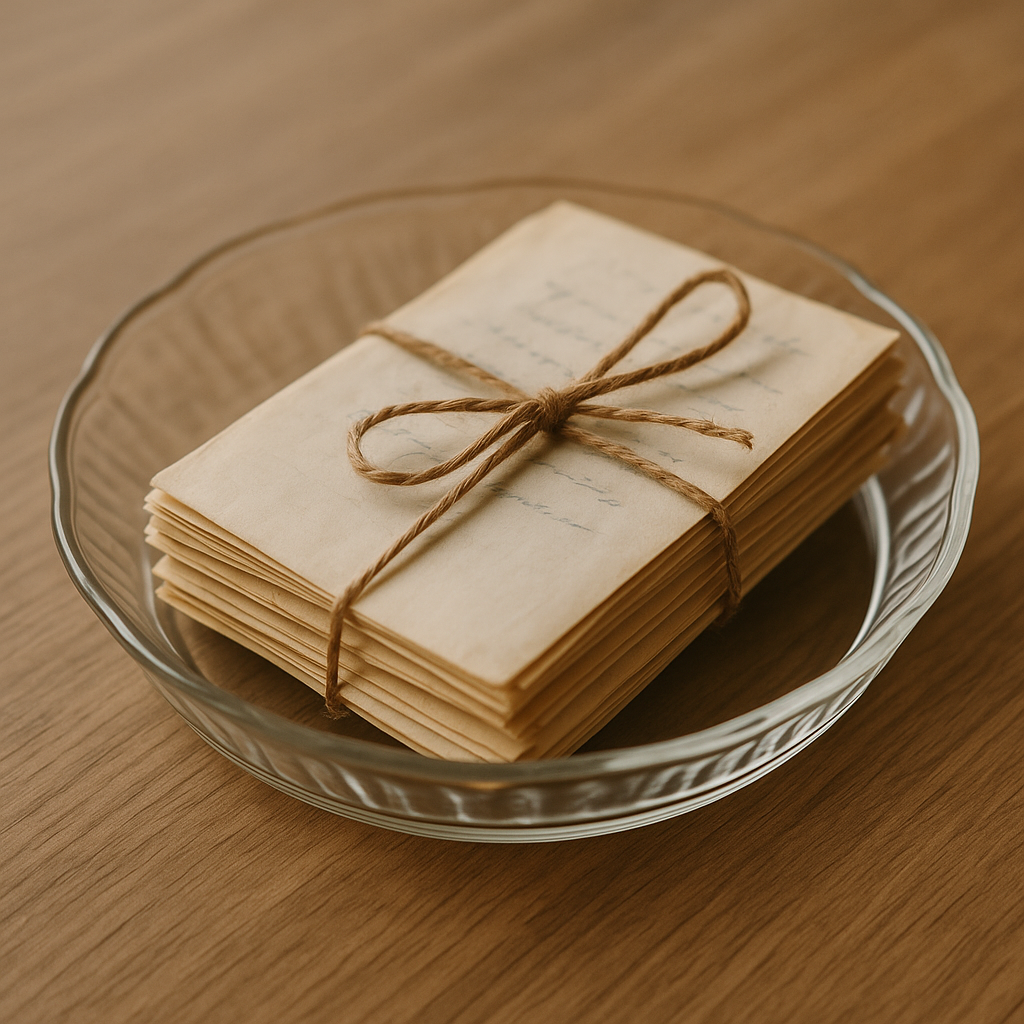We live in a time when the world can often feel unpredictable and overwhelming—news cycles run 24/7 with stories of economic turmoil, global crises, and social upheaval. It’s no surprise that many of us feel a perpetual sense of unease. While we can’t control everything that happens around us, we can focus on creating small pockets of peace in our personal environments. One of the most impactful ways to do that? Embracing organization and tidiness to restore our sense of calm and control.
A Simple Sanctuary in a Complex World
When we organize our homes, offices, or any physical space, we’re not just stacking items neatly or decluttering shelves—we’re creating a personal sanctuary. Research has shown that clutter and disarray can increase cortisol (the stress hormone) levels. Think about how relaxing it feels when you walk into a clear room or sit down at a tidy desk. By proactively managing our immediate surroundings, we counteract the external chaos and signal to our brains that we’re safe, supported, and in control.
The Link Between Outer Order and Inner Peace
It’s no coincidence that many mental health professionals and life coaches emphasize the connection between a tidy space and emotional well-being. When our physical environment is chaotic, our minds mirror that disorganization, often leading to increased anxiety, difficulty focusing, and a feeling of being perpetually behind. Conversely, when we clear the clutter, we’re also making emotional “space” to think clearly, breathe easier, and tackle challenges with more energy and creativity.
Small Steps, Big Impact
Many people assume that getting organized means long hours of intense cleaning and complicated storage systems. The truth is, you don’t have to overhaul your entire house to reap the benefits. Simple, consistent actions make a huge difference:
- Start Small: Pick one drawer, one shelf, or one corner of a room. Spend just 15 minutes decluttering it.
- Establish Daily Habits: Whether it’s sorting mail immediately or doing a quick 5-minute tidying session at the end of the day, small routines prevent minor messes from escalating.
- Create ‘Homes’ for Items: Give everything a designated place. This cuts down on frantic searches and last-minute chaos.
By breaking your efforts into manageable chunks, you’ll avoid burnout and build sustainable habits that truly last.
Mindful Living Through Organization
Organization can also be an act of mindfulness. Each time you decide what to keep, what to toss, and how to arrange your belongings, you’re clarifying what matters most to you. You’re choosing to let go of physical clutter and, symbolically, some of the mental clutter as well. This intentional approach helps you reflect on what truly adds value to your life—and what doesn’t.
The Ripple Effect of Calm
Don’t be surprised if your newfound sense of calm spills over into other areas. A tidy bedroom may lead to better sleep habits; a clear desk might spark new ideas at work. Beyond personal benefits, your calm and organized demeanor can have a positive influence on those around you—family members may become more motivated to tidy up, or coworkers might follow your lead and declutter the shared office kitchen.
Embrace the Power You Have
Yes, the world can feel messy and uncertain. But by focusing on what you can control—your personal space—you create a grounding point that helps you navigate life’s chaos with grace and resilience. Instead of feeling helpless in the face of global events, you can reclaim your agency through small, deliberate actions.
Remember: even the tiniest steps toward organization can have an outsized impact on your peace of mind. So, pick a corner to declutter, set a timer, and give yourself permission to find comfort in creating order amidst the world’s uncertainty. You might be surprised at how much better you feel—physically, emotionally, and mentally—once you clear that space. You can’t solve every global crisis, but you can cultivate a personal haven of calm, one tidy step at a time.



